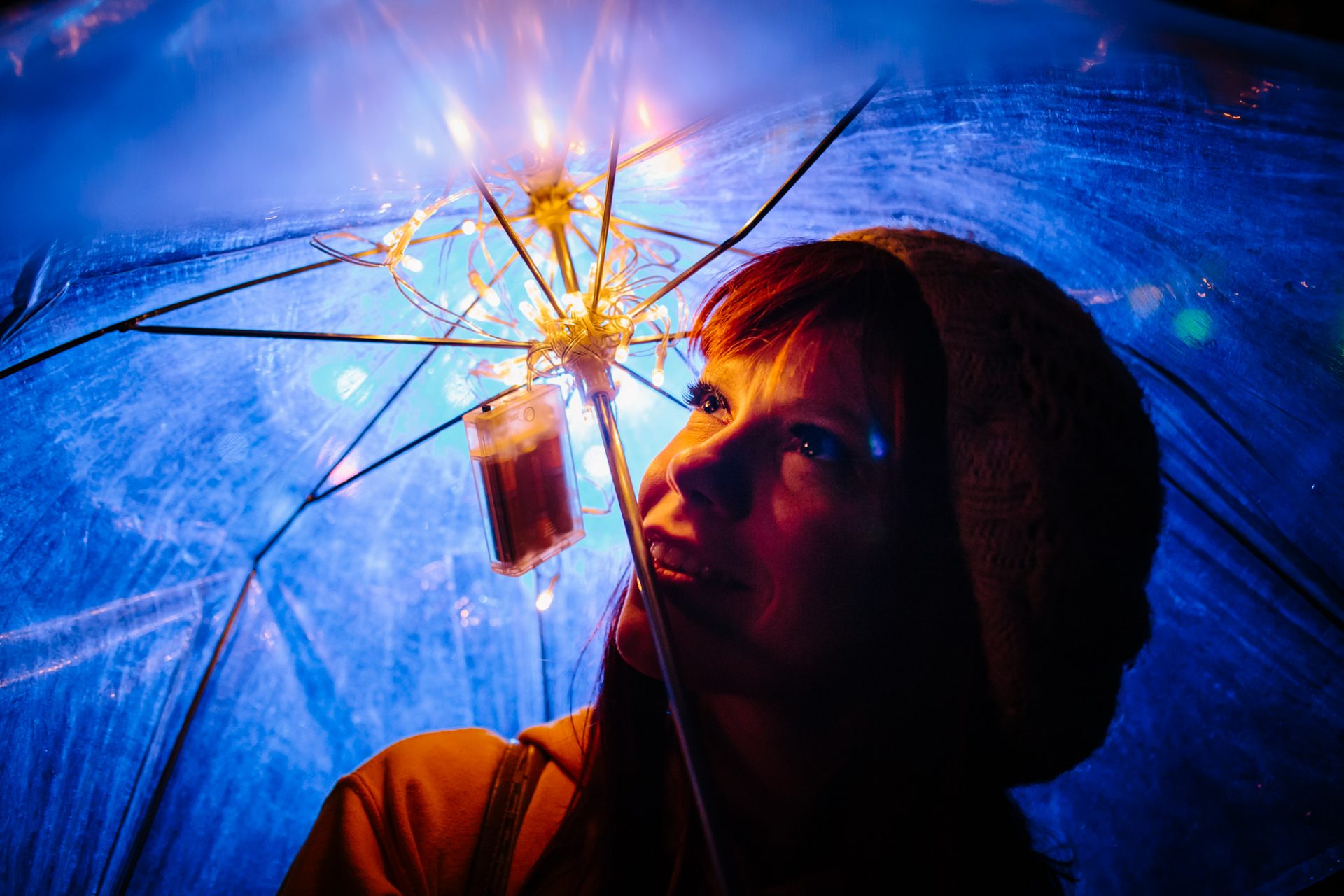Photo by Simon Lazewski
While sitting lamenting the existence (and irritation) of wisdom teeth the other day and consuming more peppermint tea than could be imagined, I decided to take my mind off of my aching jaw by re-reading one of my favourite plays, Sarah Ruhl’s The Clean House. Lots of things happen in the play – it’s joy is in its capturing of the chaotic beauty of humanity – so I won’t try to summarise it all here, you can enjoy it yourself sometime. But overall, the story sees people finding ways to cope with illness and death, and returning to humour as the most reliable salve. One character, Mathilde, arrived in America after the death of her parents, who died after her father told a fatally funny joke. Since then, Mathilde has been crafting jokes to fend off her depression at her situation. While I was reading, I realised something – I hadn’t thought about how sore my mouth was in at least half an hour. Now, my tooth hadn’t stopped hurting, no, but my mind was elsewhere.
The 7th of April is World Health Day. This year’s theme is universal health coverage, and in the past the themes have covered diverse topics, from mental health awareness, to positive ageing, to road safety and antibiotic resistance. But the whole idea of the day set me thinking about other, maybe less obvious, factors in our health and wellbeing. One of the lines we hear over and over when arts budgets are discussed is that the money would be better diverted to pay for more hospital beds, or more healthcare staff. While I don’t deny that it’s important to fund healthcare (who would?), maybe it’s not the dichotomy it’s so often painted as.
One of the seminal texts in theatre theory, which has informed theatre practices for centuries, Aristotle’s Poetics, speaks of the idea of catharsis. Coming from the Greek word ‘kathairein,’ which means ‘to purify,’ catharsis describes the intense feeling of relief that can come from watching something on stage that allows us to experience emotions that we have ignored or repressed in everyday life. Having a good cry while watching King Lear or roaring laughing while watching What the Butler Saw lets us release a pressure valve that builds up as we bustle through life. Mathilde’s jokes allow her to escape her tedium and sadness as a cleaner and return, at least in her mind, to her days in Brazil joking with her parents and studying humour.
Whether it’s music to calm a patient before surgery, performers entertaining patients in the children’s ward, dance to help people build their strength back up or maintain mobility, the arts have been proven to improve people’s health and wellbeing. Just recently, the National Concert Hall launched their national health and wellbeing programme, which includes initiatives such as Music in Mind (Music for mental health) and Health and Harmony (Music for dementia), and Helium Arts launched creative health hubs in Cork and Limerick. Outside of a direct healthcare setting, Bealtaine festival has celebrated creativity and the arts with older people, to encourage them to lead engaged, healthy and fulfilling lives as they age, and the Creative Schools programme which is currently running across the country equips children with new ways to communicate and express themselves. The arts have incredible power to improve our collective wellbeing, whether it is taking part in a school play with your friends, joining a dance class to get moving and meet new people, or losing yourself in a story (my preferred form, which I enjoyed last week with Beginning at the Gate Theatre and am looking forward to doing this weekend with Watt in Project Arts Centre, and excerpts adapted from Girls in their Married Bliss at the New Theatre Later in the month.).
A brilliant play might not cure your broken leg, but I promise it will make you feel better. Theatre is a communal art form, a creative outlet, a distraction. This World Health Day, maybe a trip to the theatre will be just the tonic.

